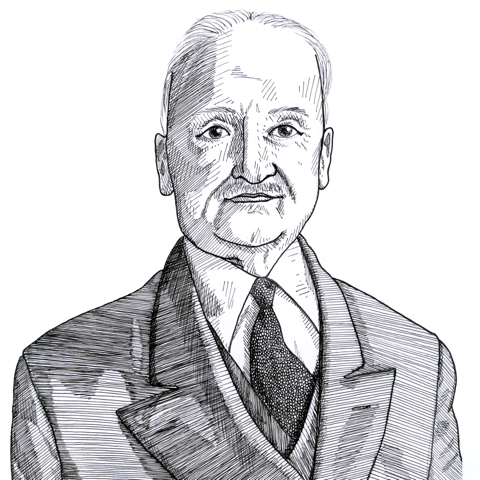
Ludwig von Mises argues that the division of labor and human cooperation are the two sides of the same coin and are not antagonistic to each other (1949)
Found in: Human Action: A Treatise on Economics, vol. 1 (LF ed.)
In vol. 1, part 2, chapter 8, section 2 of Human Action: A Treatise on Economics, Ludwig von Mises shows the necessary and essential connection between free economic activity and social cooperation:
Economics
The fundamental social phenomenon is the division of labor and its counterpart human cooperation. Experience teaches man that cooperative action is more efficient and productive than isolated action of self-sufficient individuals. The natural conditions determining man’s life and effort are such that the division of labor increases output per unit of labor expended.